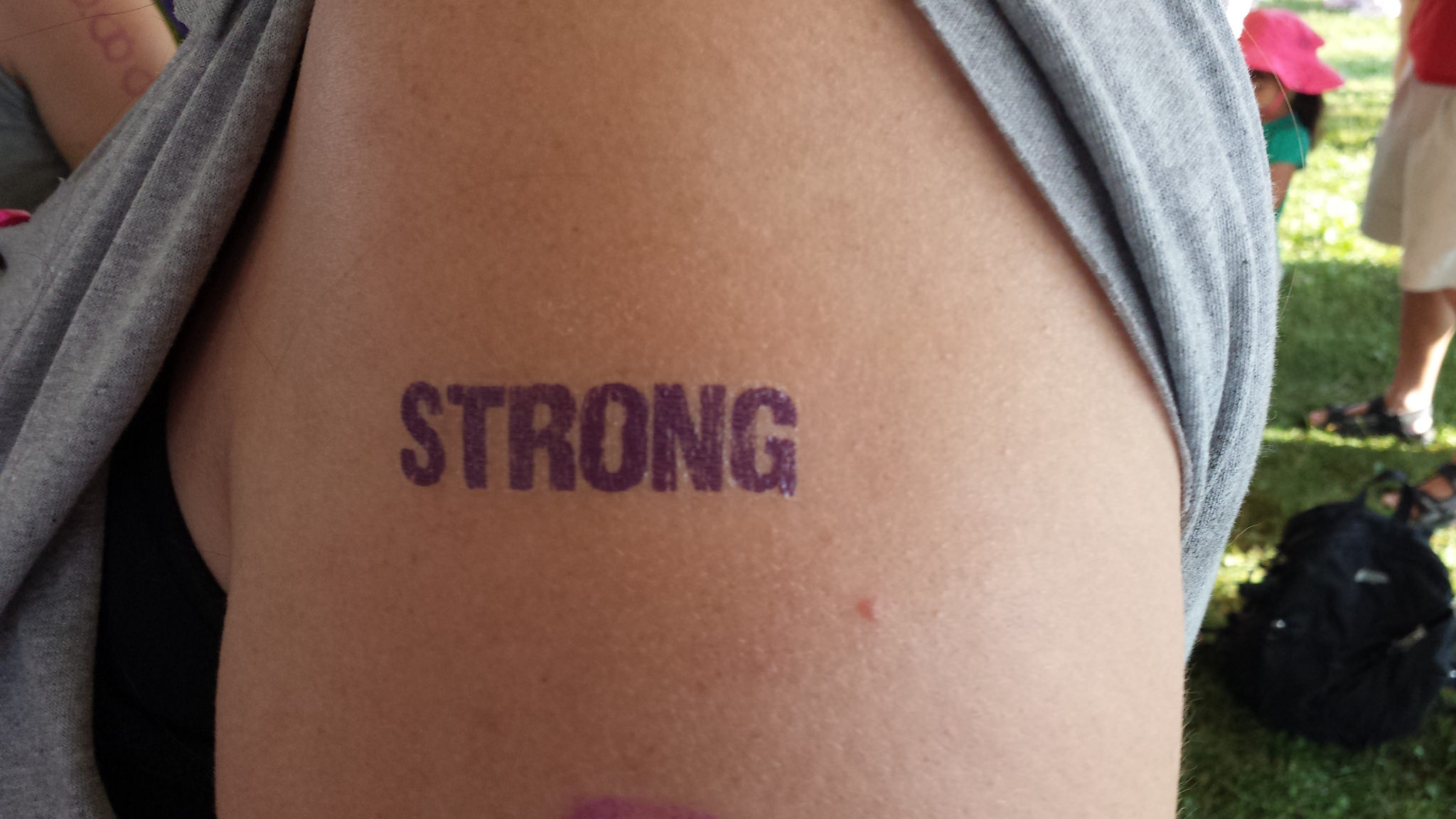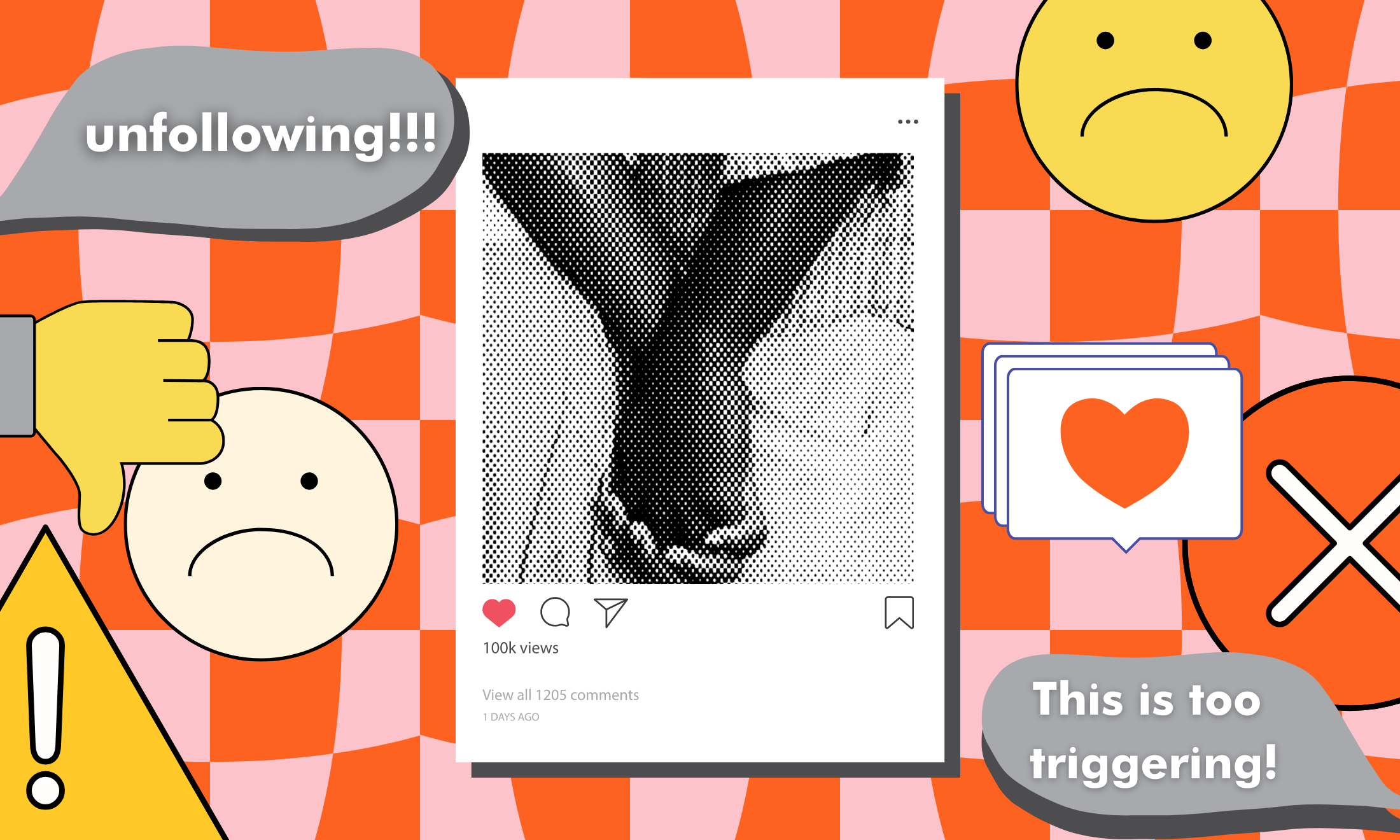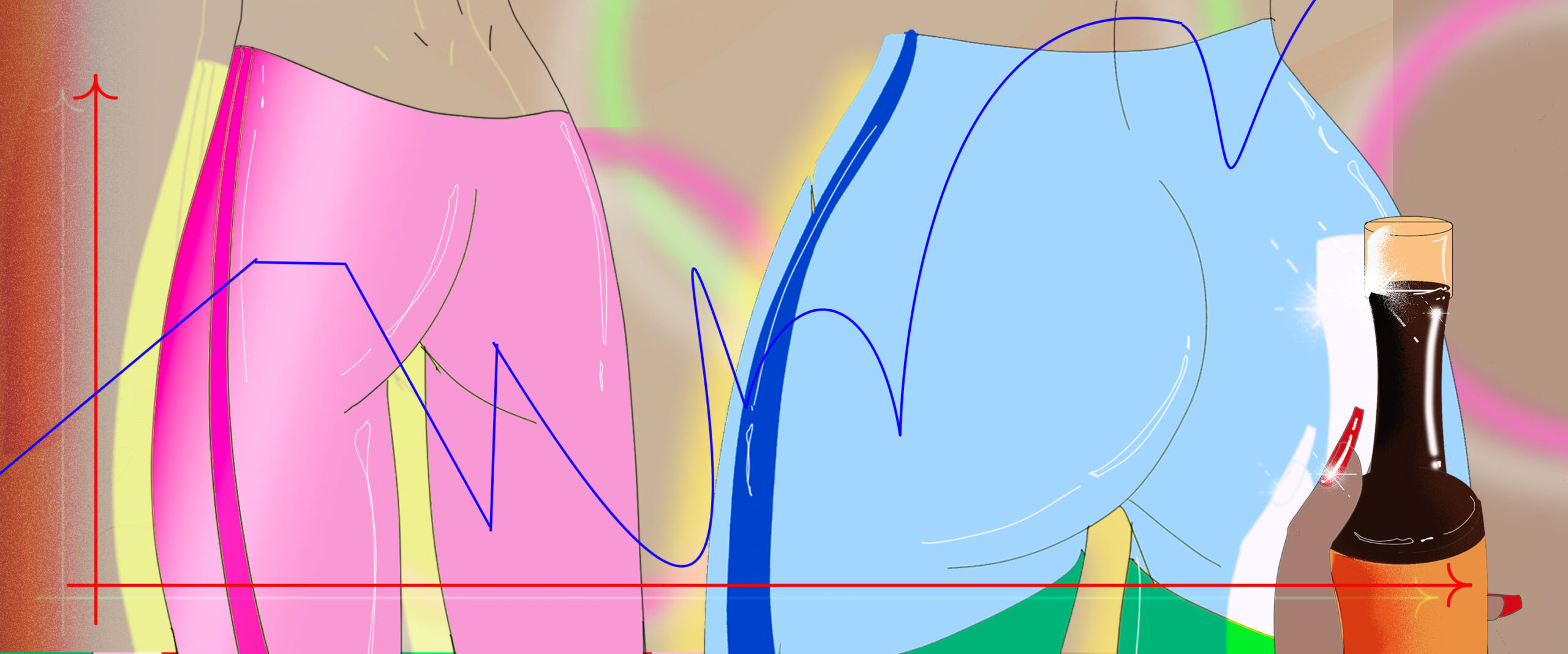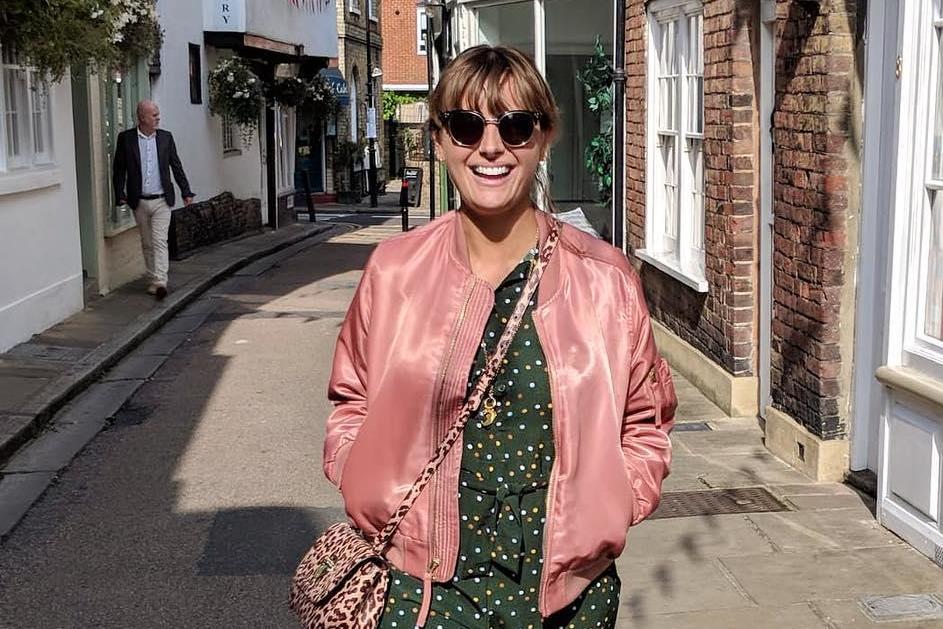
When I was 17, I inherited a car from my sister. It was nothing special, but I was excited to have a new lease of freedom. I listened to my peers discuss different types of cars, I watched them save to upgrade and I continued to skip the motoring part of the weekend newspaper. I was not interested in acquiring a “better” car, and I didn’t care for what a car might represent or how it might reflect on me; I was just happy to have a means of transport.
This is more or less how I feel about my body; I like my body, mainly because of what I can do with it – run, swim, read, write, dress, cycle, draw – yet there always seems to be some standard that my body just isn’t living up to. It’s not the wirey, size 0 figure of the fashion industry, but apparently “real men like curves” anyway, and I’m not what you would call curvy either. It’s not a beach body by Protein World’s standards; and as for a thigh gap, I sometimes have one and I sometimes do not, so my likeness to a “little boy from a Wes Anderson movie” varies also.
‘There always seems to be some standard that my body just isn’t living up to’
Although I once placed value on these arbitrary notions of attractiveness, I now feel much the same about body talk as I do about car chatter – bored. I enjoy celebrations of bodies – Neon Moon lingerie, Sport England’s This Girl Can initiative, the “Fashion for all Ages” section of the Guardian weekend magazine – but I also sense that some notions of body positivity are disingenuous, premised not on a love of all bodies but trampling on some body types in order to raise the ego of others. And that is also how I feel towards #strongnotskinny.
#strongnotskinny is a kind of fitness mantra for the woman who doesn’t exercise or diet to lose weight in order to be skinny, but rather to be strong. Although mainly the preserve of Instagram users, #strongnotskinny seeps also into the world of celebrity (singer Pink: “I would rather be strong than bony“) and that of advertising too.
The imagery associated with #strongnotskinny however, is not as inclusive as one might expect. Search #strongnotskinny on Instagram and witness how the #strongnotskinny female body is overwhelmingly white, slim and toned. There is little variation on this trend. While it is brilliant that these women adore their bodies, there is a stark difference between how white bodies and bodies of colour of this lean, muscular type are viewed.
Take Serena Williams, the African-American no.1 in women’s singles tennis. Williams has a beautiful, lean, muscular physique, and is constantly deemed masculine or freakish for this – there’s actually a conspiracy theory claiming she’s secretly a man, and famously last year J.K Rowling shot down a Twitter user who said Williams was “built like a man“. While Williams is the definition of strength, I cannot imagine seeing her black skin grace the Instagram pages of #strongnotskinny.
‘Search #strongnotskinny on Instagram and witness how the #strongnotskinny female body is overwhelmingly white, slim and toned’
Consider as well, how the stereotype of East Asian women as very petite and naturally slender influences the way people talk about muscular female Asian athletes or gymnasts; every athletics event in which Asian countries compete invites unwelcome comments about how “freakish” or “scary” the female competitors look. Again, these women are the definition of strength, but aren’t viewed as conventionally attractive, while white #strongnotskinny bodies are.
The #strongnotskinny imagery is additionally grating when you read the captions that accompany these pictures; they are full of the faux-aspirational language (“determination”, “dedication”, “motivation”) which suggests you too, anyone, could look like this if you just put that little bit more effort into your appearance. Realistically however, lean and muscular is not an attainable shape for a lot of women – physically or otherwise. The maintenance to hone that body shape is expensive and time consuming, when the way women eat and exercise is influenced by a range of factors, including and not limited to class, genetics, medical conditions and lifestyle. To insinuate that the sole obstacle between you and a #strongnotskinny body is laziness is narrow-minded.
Now, I am not anti-fitness or anti-diet, and I am certainly not anti-exercise. I am simply anti-faux inspirational talk, and damaging someone else’s confidence in order to raise your own. If #strongnotskinny empowers you and brings you community and joy, then I am genuinely happy for you, but there are a lot more ways to be ‘strong’ than that hashtag might portray.









